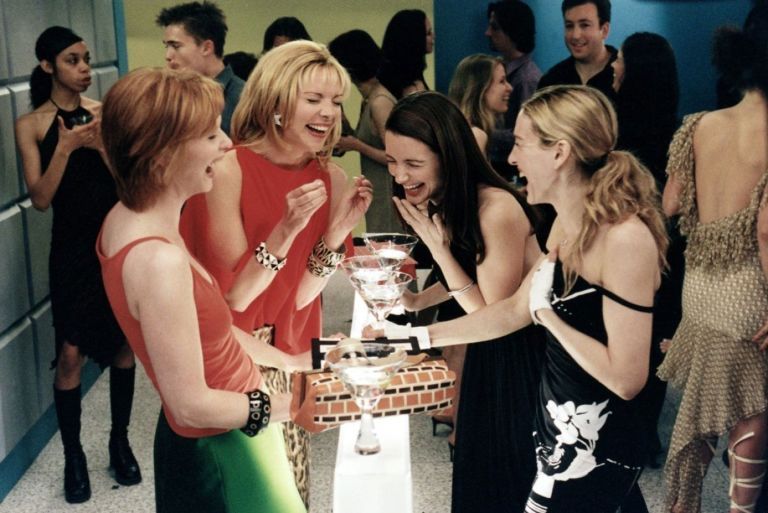Before Sex and the City became synonymous with the name Carrie Bradshaw, and before it was a hit television or movie series, it was the brainchild of writer Candace Bushnell. The now-best-selling author recently opened up to The Hollywood Reporter about how exactly she started the franchise, which dates back to her days as a columnist at the New York Observer in the early '90s.
"The way Sex and the City happened was that Peter Kaplan, who'd actually just started as editor-in-chief, came up to me and said, 'I want to give you your own column," she told THR. "I said 'Great!' I knew it was my big break."
Since the column would be something she'd be writing constantly, Bushnell decided to stick with a topic close to home. "I think it should be about me and my friends, who are all single and crazy," she told her editor. It also helped that she mostly covered "dating and mating rituals" as a writer in her 20s.
Bushnell discovered the title a day later. "[Kaplan said] 'I got the title. We'll call it 'Sex and the City.' One foot in sex and one foot in society.'" It was met with unanimous agreement. But finding content wasn't as easy. The writer remembered she was sent to a sex club for her first piece, but it didn't feel natural. "I did that story and quickly realized that that could not be the column—that's a one-off," she said. "It really had to be about dating and mating rituals, and sexual practices."
Four months later, she started getting calls from Hollywood. "People in New York who worked in film and media were faxing it to their friends who worked in film in Los Angeles," she added. "I flew out to L.A. and had meetings. I was like, 'What the hell?'"
Nabbing a column at the Observer was a big deal for Bushnell, but it wasn't an easy gig, either. The author recalled working in an office where sexism and "locker room talk" were ubiquitous, and during a time when women's magazine writers weren't taken seriously.
"You've got to remember, it was the '90s—more than 20 years ago—and there were men who were executives, who threw phones," she told THR. "It was a very different time."















